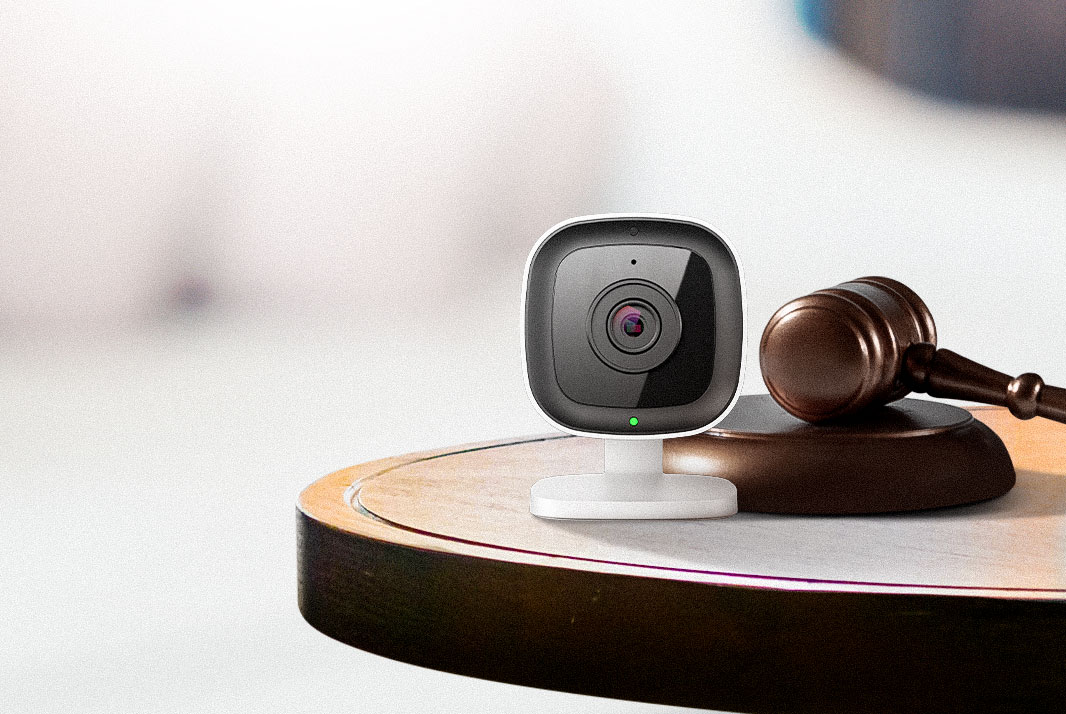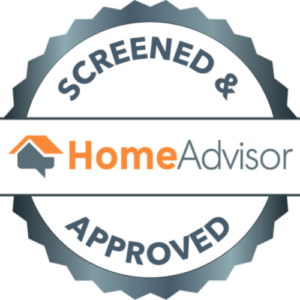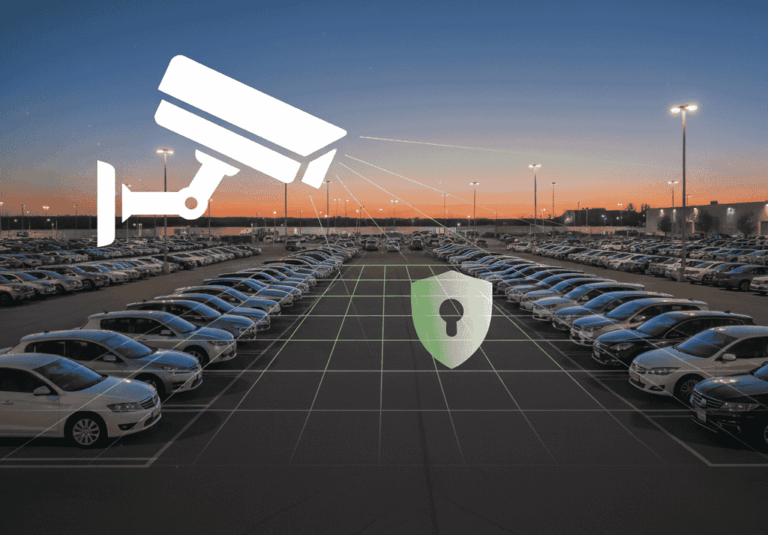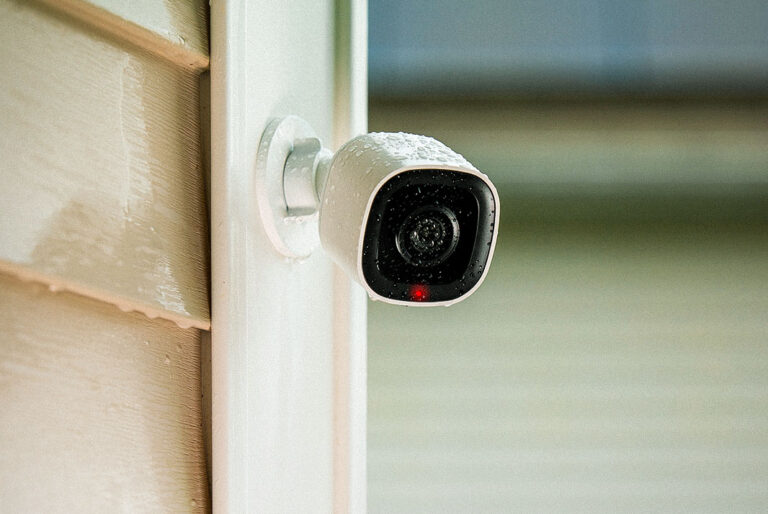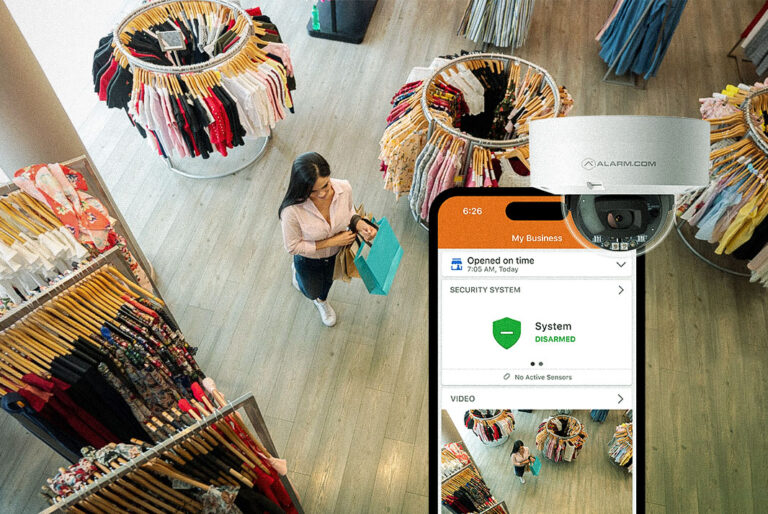Home surveillance has become a staple in many households, offering peace of mind and enhanced security. However, the increasing use of these systems brings up crucial questions about privacy laws and ethical practices. How can we ensure that our surveillance practices are both legal and ethical? Let’s dive into the world of home surveillance, explore the legal framework, and examine the ethical considerations involved.
Table of Contents
ToggleUnderstanding Home Surveillance
Home surveillance systems come in various forms, each designed to meet different security needs. From basic security cameras to sophisticated smart home systems, the range of options is vast.
Types of Home Surveillance Systems
- Security Cameras: These are the most common, providing real-time monitoring and recording.
- Smart Home Systems: Integrates with other smart devices, offering remote access and control.
- Motion Sensors: Trigger recordings or alarms when movement is detected.
- Doorbell Cameras: Allow homeowners to see and communicate with visitors remotely.
Common Features and Functionalities
- Live Streaming: Real-time video feed accessible from anywhere.
- Recording and Storage: Footage can be stored locally or in the cloud.
- Motion Detection: Alerts and records when movement is detected.
- Night Vision: Ensures visibility even in low-light conditions.
Legal Framework
Navigating the legal landscape of home surveillance can be complex, but understanding the basics is essential for compliance.
General Overview of Privacy Laws
Privacy laws vary by country and region, but they generally aim to protect individuals’ privacy rights while balancing the need for security. Key aspects include:
- Consent: Many laws require informing and obtaining consent from individuals being recorded.
- Location Restrictions: Surveillance is often limited to certain areas, prohibiting recording in private spaces without consent.
- Data Protection: Regulations such as the GDPR in Europe mandate strict controls over data handling.
Importance of Compliance
Non-compliance can lead to significant legal repercussions, including fines and lawsuits. Homeowners must ensure their surveillance practices align with local laws to avoid these issues.
Consent and Notification
Obtaining consent and notifying individuals about surveillance are fundamental legal requirements.
Legal Requirements for Obtaining Consent
In many jurisdictions, homeowners must inform and obtain consent from individuals before recording them. This is particularly important in shared living spaces or when employing domestic workers.
How to Notify Individuals of Surveillance
- Signage: Placing visible signs indicating the presence of surveillance cameras.
- Verbal Notification: Informing visitors and employees directly.
- Written Consent: In some cases, obtaining written consent may be necessary.
Location Restrictions
Understanding where you can legally place surveillance cameras is crucial to avoid privacy infringements.
Legal Limitations on Where Surveillance Can Be Conducted
Surveillance is generally allowed in public and semi-public areas but restricted in private spaces such as:
- Bathrooms
- Bedrooms
- Changing Rooms
Private Versus Public Spaces
The distinction between private and public spaces is essential. Public areas such as driveways and front yards are typically permissible, while recording in private areas without consent can lead to legal issues.
Data Protection Regulations
Data protection is a significant concern in home surveillance, with strict laws governing how data is stored and managed.
Overview of Data Protection Laws
Laws like the GDPR impose stringent requirements on data handling, including:
- Data Security: Ensuring data is stored securely and protected from unauthorized access.
- Access Control: Limiting access to recorded footage to authorized individuals only.
- Data Retention: Implementing policies on how long footage can be retained.
Best Practices for Data Storage and Security
- Encryption: Use encryption to protect data.
- Regular Audits: Conduct regular audits to ensure compliance with data protection laws.
- Access Logs: Maintain logs of who accesses the data and when.
Transparency and Accountability
Transparency and accountability are crucial in building trust and ensuring ethical surveillance practices.
The Role of Transparency in Home Surveillance
Being transparent about surveillance practices helps mitigate privacy concerns. This includes:
- Clear Communication: Informing family members, employees, and visitors about surveillance practices.
- Documentation: Keeping records of consent and data protection measures.
Ensuring Accountability in Surveillance Practices
Accountability can be ensured by:
- Regular Reviews: Periodically reviewing surveillance practices for compliance.
- Feedback Mechanisms: Allowing individuals to raise concerns or complaints about surveillance.
Ethical Considerations
Beyond legal compliance, ethical considerations are essential in home surveillance.
Respect for Privacy
Respecting the privacy of individuals is a fundamental ethical principle. Surveillance should not infringe on personal privacy without a compelling reason.
Ethical Dilemmas in Home Surveillance
Common ethical dilemmas include:
- Surveilling Employees: Balancing security needs with employees’ right to privacy.
- Monitoring Family Members: Ensuring surveillance does not create a sense of mistrust or discomfort among household members.
Balancing Security and Privacy
Finding the right balance between security and privacy is key to responsible surveillance.
Finding the Right Balance
- Minimize Surveillance: Use surveillance only where necessary.
- Privacy Zones: Implement privacy zones where cameras are disabled.
Practical Tips for Homeowners
- Use Technology Wisely: Leverage technology to enhance privacy, such as motion detection and privacy masks.
- Regularly Review Practices: Continuously assess and adjust surveillance practices to maintain the balance.
Impact on Neighbors and Community
Home surveillance can impact not just your household but also your neighbors and community.
Considerations for Neighborhood Privacy
- Camera Angles: Ensure cameras do not point into neighbors’ properties.
- Community Guidelines: Establish guidelines for surveillance within neighborhoods.
Community Guidelines for Responsible Surveillance
- Collective Decision Making: Involve the community in decisions about shared surveillance.
- Respect for Collective Privacy: Ensure that surveillance benefits the community without infringing on individual privacy.
Technological Advancements and Challenges
As technology advances, new challenges and opportunities arise in home surveillance.
Emerging Technologies in Home Surveillance
- AI and Machine Learning: Enhance surveillance capabilities but raise new privacy concerns.
- Smart Integration: Integration with other smart devices for comprehensive security.
Challenges Posed by New Technologies
- Increased Surveillance: Potential for over-surveillance and privacy infringements.
- Data Security: Ensuring data from interconnected devices remains secure.
Legal Consequences of Non-Compliance
Ignoring privacy laws can have severe legal consequences.
Potential Legal Repercussions
- Fines: Significant financial penalties for non-compliance.
- Lawsuits: Risk of being sued by affected individuals.
How to Avoid Legal Issues
- Stay Informed: Keep up-to-date with local privacy laws.
- Seek Legal Advice: Consult legal experts when setting up surveillance systems.
Ethical Guidelines for Homeowners
Developing an ethical framework can help homeowners use surveillance responsibly.
Developing an Ethical Framework for Surveillance
- Establish Clear Policies: Define the purpose and scope of surveillance.
- Regular Training: Educate household members on ethical surveillance practices.
Recommended Guidelines and Best Practices
- Respect Privacy: Prioritize privacy in all surveillance activities.
- Limit Access: Restrict access to surveillance data to authorized individuals only.
Conclusion
Home surveillance offers numerous benefits but comes with significant legal and ethical responsibilities. By understanding privacy laws, respecting ethical considerations, and maintaining transparency and accountability, homeowners can use surveillance systems effectively and responsibly. Balancing security needs with privacy rights is crucial for creating a safe and respectful living environment.

